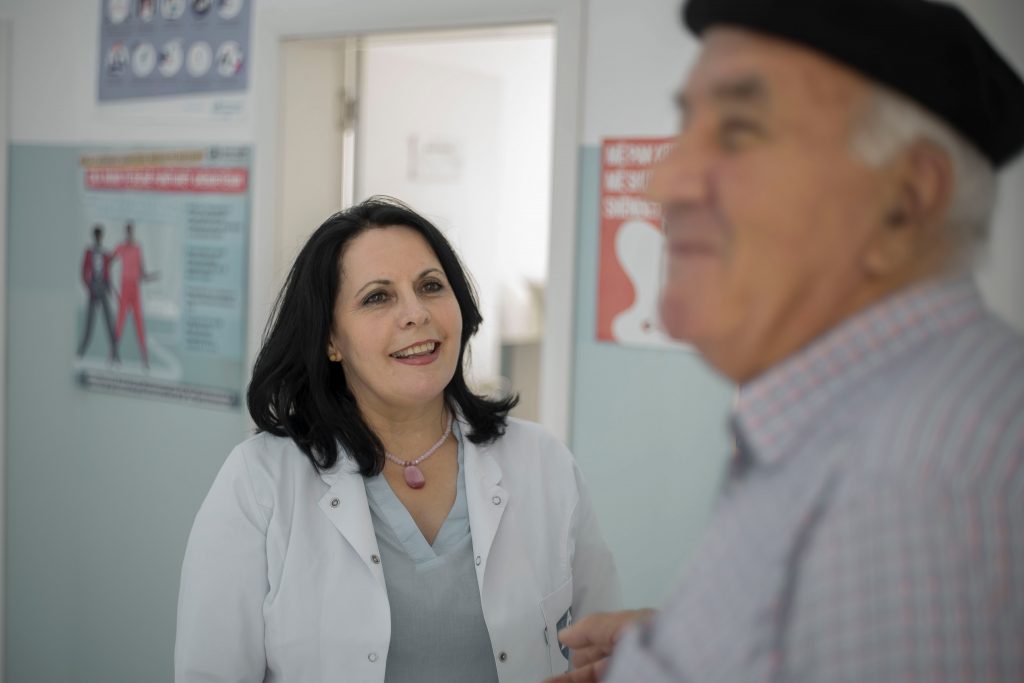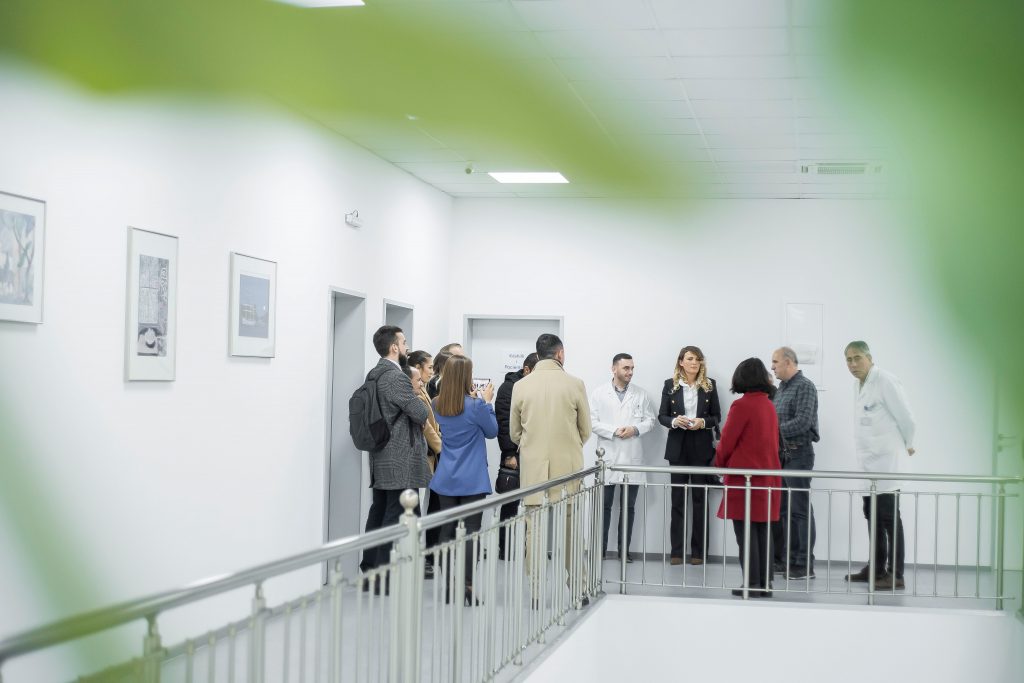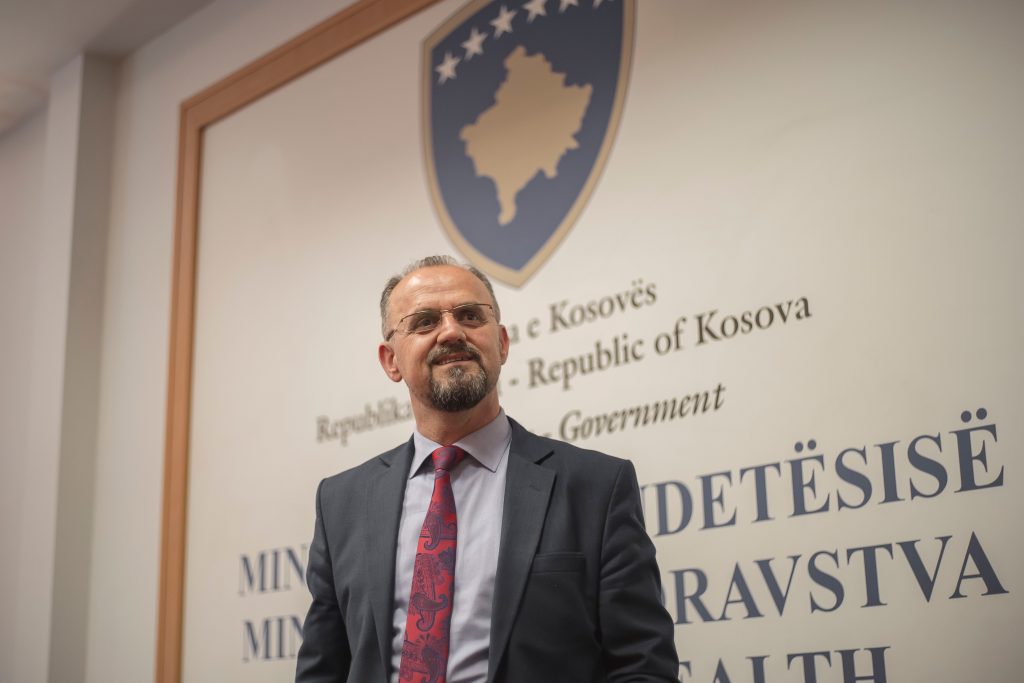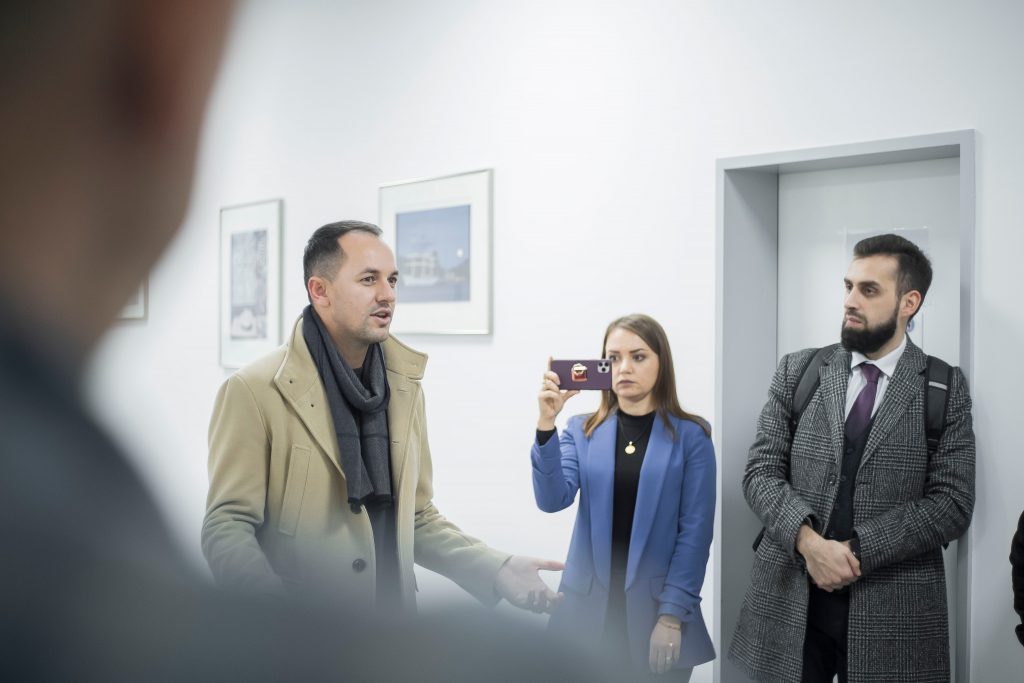Patient advisory councils give patients a seat at the table, effectively improving patient-centered healthcare.

Traditionally, patients in Kosovo have been passive recipients of medical decisions, prescriptions, and interventions. In contrast, the patient-centered approach gives patients a voice in their journey to care and treatment. Unfortunately, this is still not a reality in many places.
People-centered care focuses on building a relationship between the patient and their healthcare provider and providing personalized care that is tailored to the individual needs of each patient.
World Health Organization (2016)
In Kosovo, Patient Councils were created as a tool to foster the people-centered care approach. The Ministry of Health is paving the way for Patient Councils to become enforceable by law, as they recently amended the Main Family Medicine Center statute to include them. Furthermore, AQH Project is working with four municipalities-Lipjan, Rahovec, Mitrovica and Obiliq to ensure successful execution of this plan.

Patient Councils and Patient Empowerment in Primary Health Care (PHC)
Patient Councils in primary health care consist of 5 community members from different backgrounds and experiences, who voluntarily expressed interest to represent community requests and work together with doctors, Main Family Medicine Center’s (MFMC’s) managers and Directors of Directorate of Health (DDH) to identify patient needs. Rahovec’s Council is composed of a clinical psychologist, a disabled individual, one person from the Roma Ashkali and Egyptian Community, a retired doctor, and an aspiring medical student.
Additionally, the Head of Patient Councils is a voting member on the Main Family Medicine Center Board and has authority over any decisions made by this body.
Uncovering the Functionality of Patient Councils
Patient Councils are located within the Main Family Medicine Centers, providing a resource for patients in need of help. Every Monday and Friday, these councils meet to address inquiries or grievances from individuals and present them to relevant decision-makers. MFMC’s Patient Councils are here to assist patients with any of their inquiries and requests, from questioning a doctor’s inappropriate behavior, to long wait times for check-ups or medication refills. Not only do they provide an outlet for addressing these issues but also advocate on behalf of the patient in order to improve healthcare experiences. Furthermore, they work as liaisons between Ministry of Health and its patients by ensuring that effective communication takes place.

Understanding Their Rights and Responsibilities as Patients: AQH Efforts on Educating the Population
For the past six years, AQH and the Patients’ Rights Association NGO have been collaborating to raise awareness in patients’ rights in the Kosovo population. They have worked together to stimulate better patient advocacy services and improved rights for those seeking medical attention. In the past two years, AQH efforts have resulted in extensive training of more than 2,511 individuals in this subject matter, comprising 1,811 women and 700 men, which included 580 patients, 492 doctors, and 1,439 nurses.

How AQH Helps Establish and Maintain Patient Councils


Ms. Shtavica, the head of the Patient Council in Rahovec municipality, expressed her passion for this voluntary work with a simple response: “to be of service to my community and feel connected to others.” She understands that it can be difficult for those who need help to make their voices heard and is devoted to doing everything possible so that individuals get the care they require.
Rahovec and Lipjan have become the first municipalities to establish Patient Councils in Kosovo. These Patient Councils initiative is a step in the right direction. The success of these councils will ultimately depend on how they are managed and supported by Main Family Medicine Center, but it is indicated that these councils can be an effective way to improve patient satisfaction and engagement with healthcare providers.
AQH is a project of Swiss Agency for Development and Cooperation (SDC), implemented by Swiss Tropical and Public Health Institute (Swiss TPH).


